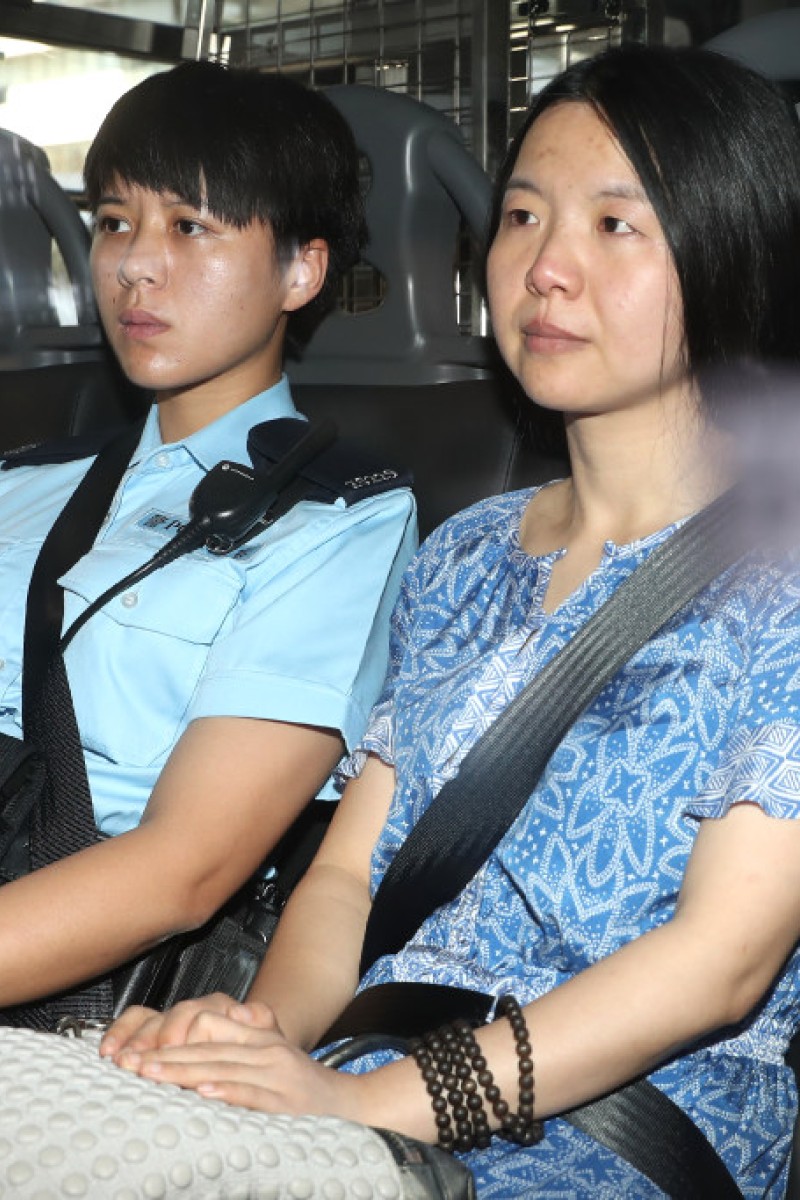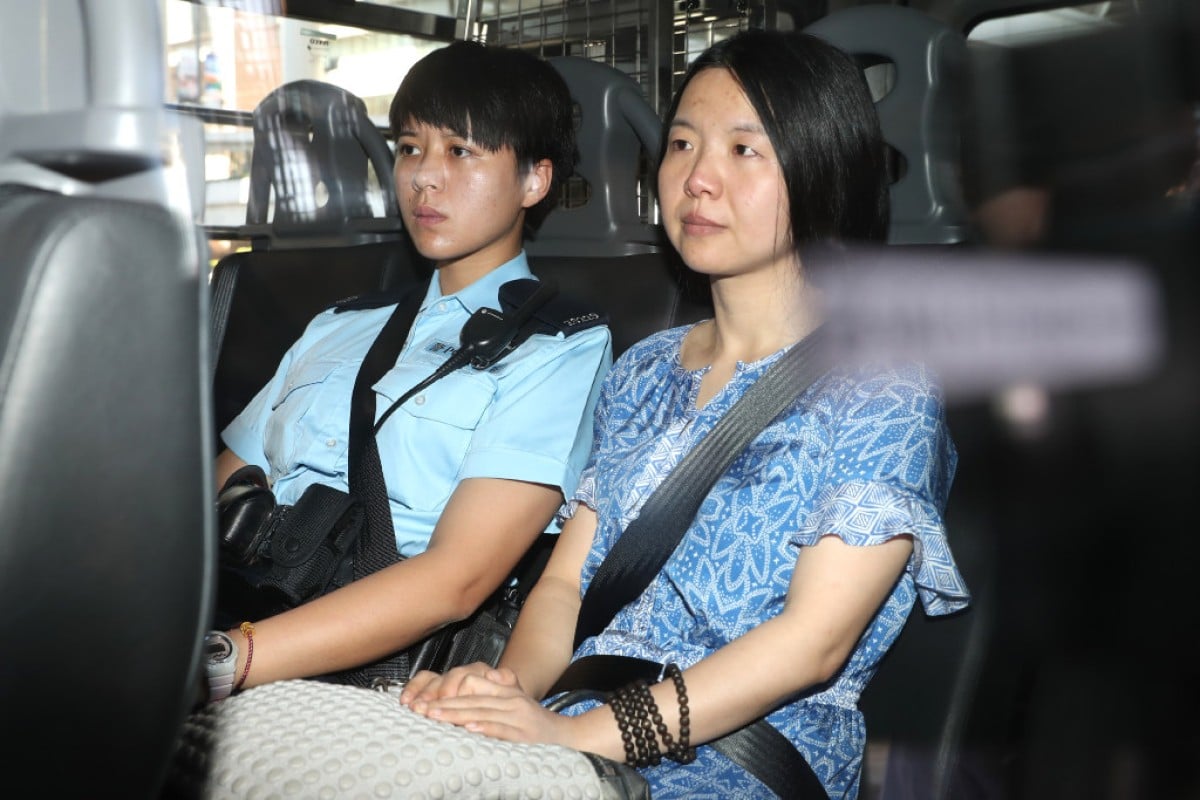
Stop taking selfies in court, you are destroying Hong Kong’s legal system

 Tang Lin-ling (right), who allegedly took photos during a hearing, is escorted to the High Court by police.
Tang Lin-ling (right), who allegedly took photos during a hearing, is escorted to the High Court by police.The saga of photo-taking in courts started in 2016 when the former chairman of the Law Society of Hong Kong, Junius Ho Kwan-yiu, posted a selfie on his social media.
While his actions were slammed by many in the legal sector, including Ian Granville Cross SC, the former director of public prosecutions, court rooms have a popular photo spot for mainland tourists due to the success of various TV shows set in the courts.
Mainlanders have started pages on how to take photos in courtrooms without getting caught. A recent incident in which a mainland woman, Tang Lin-ling, allegedly took photos of jurors serving in the Occupy Central trial, has brought this topic back up again. So, what exactly is wrong with taking photos in court rooms? As a law student myself, here are some points to make on the issue.
One of the reasons for discouraging photos is to avoid statements being taken out of context in any court proceedings. Court proceedings are often already sensationalised by the media to generate newsworthy content, especially by tabloids. The media might try to use photos or video of proceedings to shape public sentiment and pressure the courts into making certain decisions, thus threatening the impartiality of courts.
Another reason is to protect the anonymity of the jurors. Courts go to great lengths to protect the jury from duress and influence, and no one is allowed to question the decisions made by a jury.
In particular, where a trial involves an extremely sensitive political issue, photos might put pressure on the jurors to reach a certain verdict. Curiously enough, photos of other trials related to the Occupy Movement were later found on Tang’s social media account.
Finally, we have to bear in mind that rules exist to be abided by. Deference towards legislation is the underlying basis of a functioning legal system. Using the courts as a photo spot undermines the solemnity and gravity of our legal system, which is an integral part of our society.
It’s true that some countries, such as the United States, are exploring the possibility of lifting this blanket ban over photographs in courts. They want to enhance transparency and accessibility of the law. However, if we want to discuss whether photos should be allowed in courts, it should be done in a more informed and formal manner, not when it’s an issue that pops up in the news every so often.
We cannot truly know why Tang took the photos, but to those who do it as a tourist or for fun, please note that these small acts of defiance risk further undermining a system that we hold dear. We live in a time where our acts are being used as reason to change our political and legal system by the mainland. Our legal system is the foundation stone of our society. Let’s stop taking photos in court rooms!
Edited by Ginny Wong
